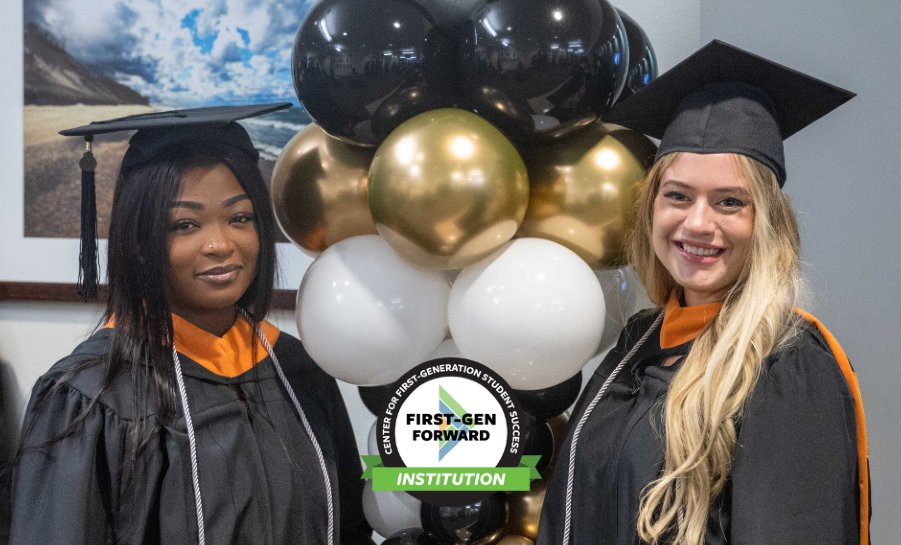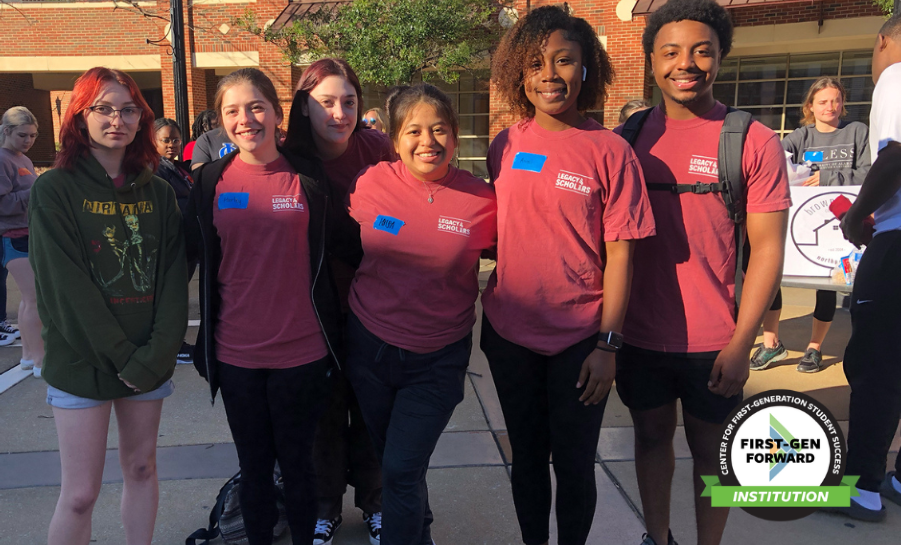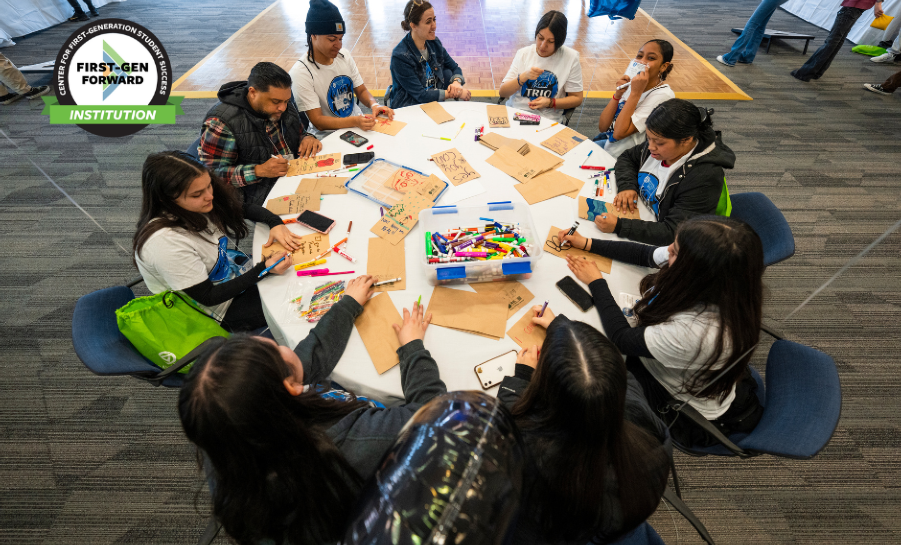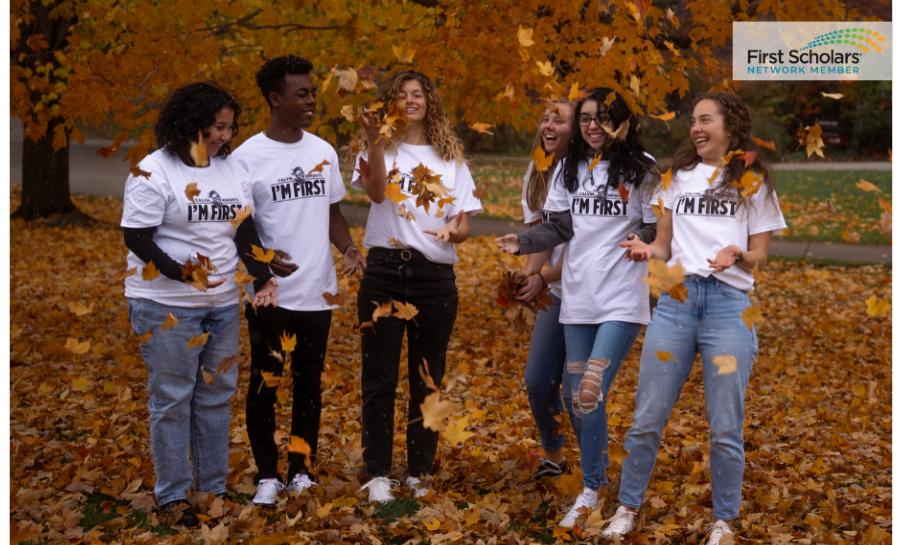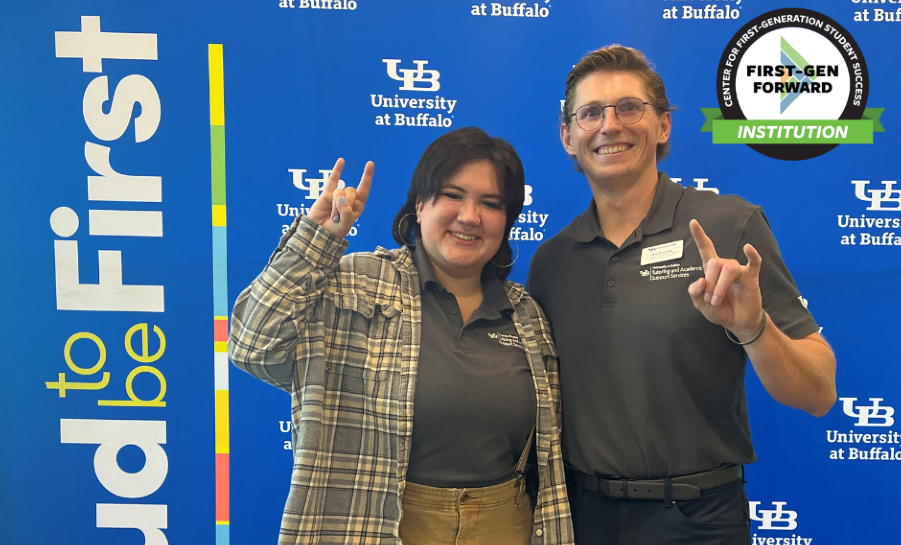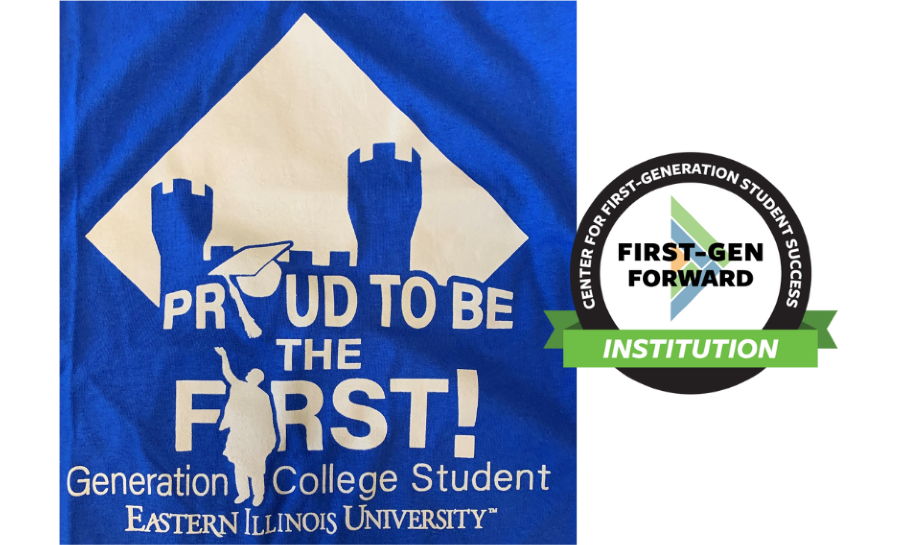Accelerating and Boosting the First-generation and/or Limited Income Student Experience at WashU
Mark Kamimura-Jiménez, Washington University in St. Louis, The Taylor Family Center for Student Success / FirstGen Forward / June 20, 2024
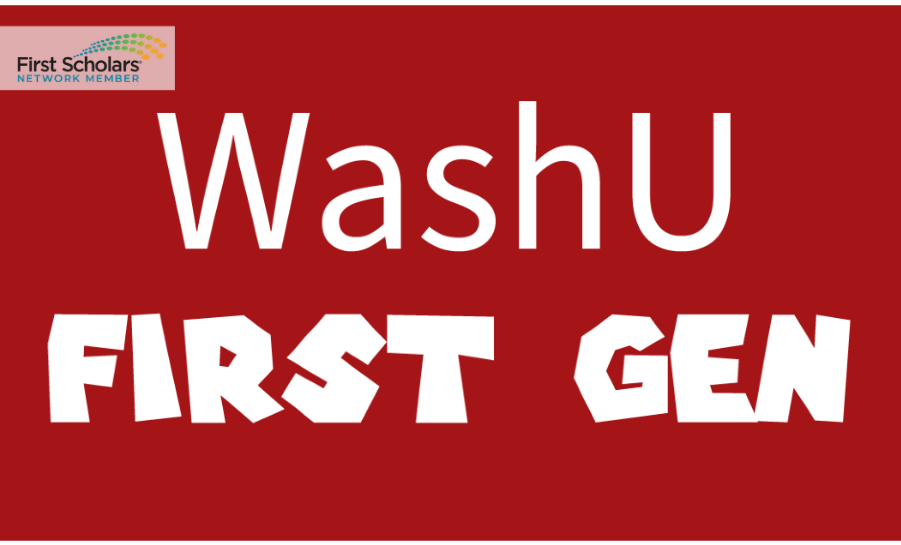
During college, I spent a lot of time with my roommates playing Super Mario Kart. This was a time for us to bond, talk trash, laugh, and make new friends during study breaks. Admittedly, there were times we were in class taking a break from gaming. I didn’t grow up playing video games because they were expensive, and I was not a great player. My friends had a different set of developed skills from playing on multiple gaming systems. They knew where the special spots were to speed through, become invisible, use shells to throw at other players and drift among other game hacks. I was often focused solely on staying on the track and avoiding being lapped; however, I learned a lot by losing and eventually got a power-up mushroom boost or two at the right time to squeak out a few victories.
When we decided to propose a comprehensive four-year approach to support the first-generation and/or limited income (FLI) experience at Washington University in St. Louis (WashU) there was one key timeframe we needed to address – summers. Like Mario Kart, I was not always winning during the academic year. My summers working with our summer bridge program for FLI first years were like experiential power-ups that prepared me for my career focused on student success in higher education. Today is no different. We know many of our students, if not all, will participate in a range of experiences over their summer breaks, which are much more expansive, including research opportunity programs, internships, study abroad, time in public service, or a combination of these. So, when I thought about our students, I reflected not only on my time as a student but also as a professional in higher education, working with both undergraduate and graduate students and seeing how valuable summers can be in promoting positive academic and career pathways. I also remembered some of my Mario Kart victories and it became clear that some students needed us to strategically place power-ups on their race tracks to support their progress.
At WashU, we decided to design two “power-ups” on each side of summer. The first takes place in late spring for each cohort across the four years — first years through seniors. These are called accelerators, which are designed to get students to be intentional about entering into their summer experiences. Over a weekend, students will engage in workshops, hear from panels of advanced peers, and develop a plan of action to guide them through the summer. They will answer questions like, “What do you want to learn?”, “What do you want to accomplish?”, “How does this experience support your academic and career goals?”, and “What do you need to focus on, or what skill needs to be developed?” Seniors will focus on the transition to their postgraduate destination, be it graduate school, a job, or a gap year experience, and particularly focus on being an FLI alum, thinking about their needs beyond WashU and bridging alumni connections. The goal is to give students a power-up that leverages the momentum of the academic year and accelerate into their summer experience.
I also remembered some of my Mario Kart victories and it became clear that some students needed us to strategically place power-ups on their race tracks to support their progress.
On the other side of the summer, we designed the second “power-up” called boosters, which occurs during a weekend in early fall. However, boosters are designed only for sophomores, juniors, and seniors since WashU first-year students go through their own tailored programming during WashU’s orientation, Bear Beginnings. Boosters take a looking back and looking ahead approach.
Every summer experience is valuable. Even if someone did “nothing,” nothing is still doing something. Using another Mario Kart example, if you are playing and your approach is to slow down to familiarize yourself with a specific track, you eventually learn details. With this information, the player is more familiar with what to anticipate, what is available to aid the game, and what you may need once speed increases. Boosters are intended to support students with “speeding up.” Classes, parties, clubs, and organizations are all in full swing once the semester begins. In this speed-up, we forget what we did last summer…but I know what you did last summer (another little nod to my college days). You were killing those internships and research experiences. You were making new connections. You were taking a pause with family and friends. Your nothing was something, and that something is important to reflect on.
Boosters include a series of workshops that encourage students to reflect on what they learned from their summer experiences, such as what questions arise on career opportunities, future internships, skill development, or changing or adding majors and minors. In addition, we ask students to build upon their summer experience during the academic year by connecting them with opportunities to conduct research on campus, participate in informational interviews with alumni, and engage in related community service or work with organizations in St. Louis.
In the end, we know the importance of providing students with more opportunities to think about their path because, many times, they are the first in their families to step onto the college track. The use of power-ups throughout college, delivered in the form of accelerators and boosters, keeps students on track and facilitates them getting the most out of their time — both on campus and during breaks. They also provide students with a tool for their careers that includes replicating the pattern of preparation (accelerators), practice (summer experiences), and reflection and revision (boosters) as they step onto different “tracks” following their time on campus.
